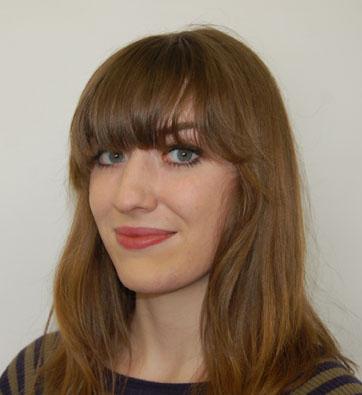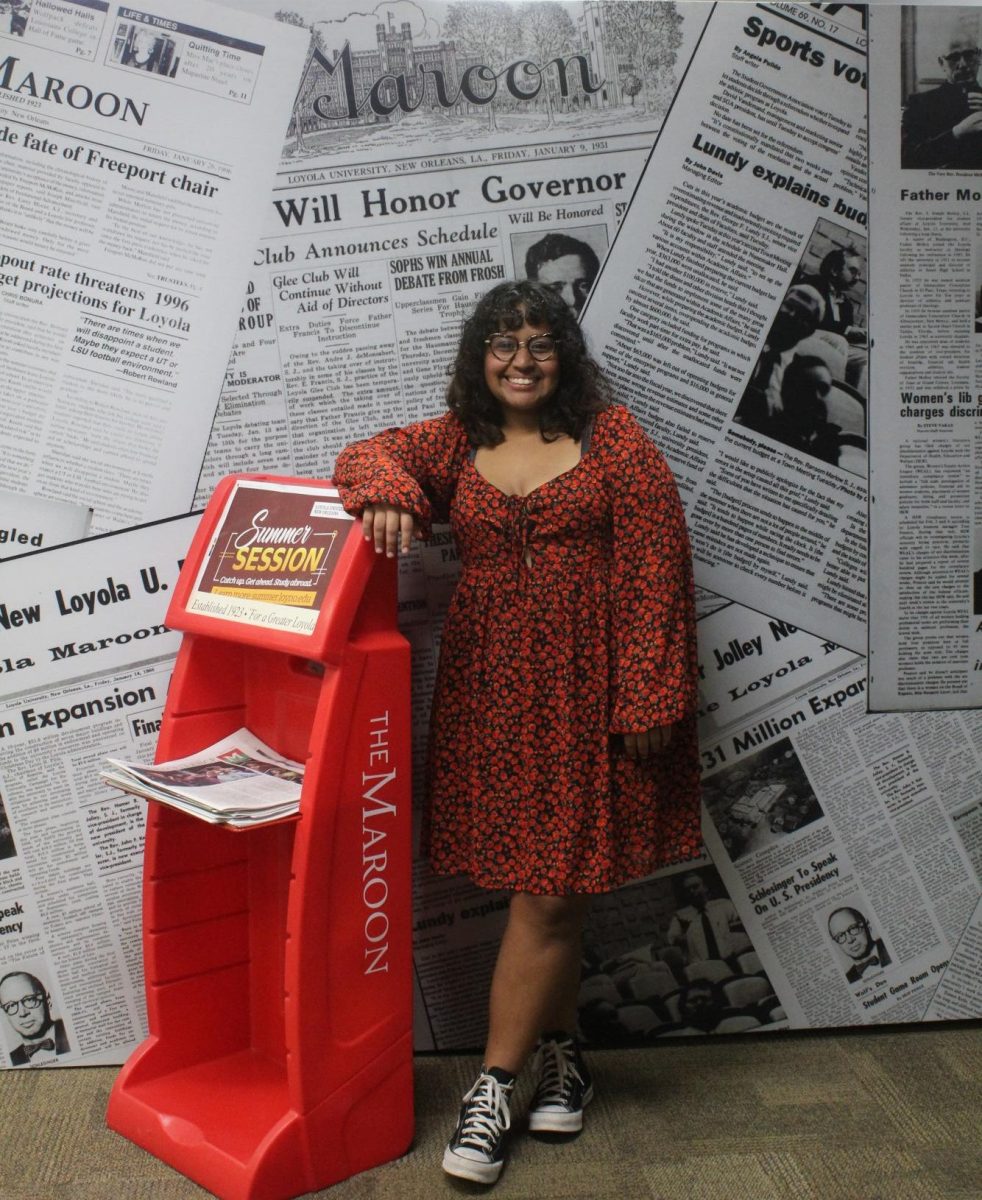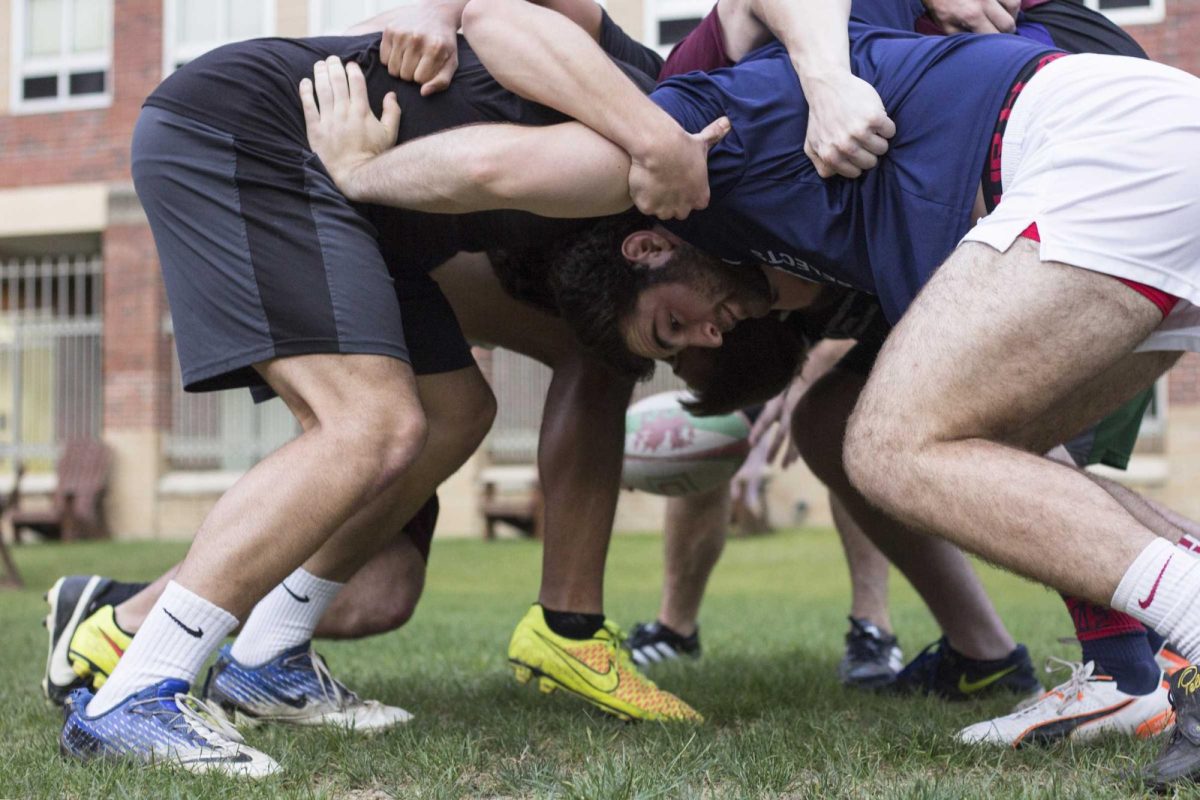This year’s Take Back the Night march got me thinking about Jaren Lockhart. Jaren was a dancer at Temptations on Bourbon Street. If you’ve walked the 300 block, you’ve walked where Jaren walked – Jaren, whose dismembered body parts washed ashore in Mississippi this summer. You can tell yourself that these things “just happen” – she’s a stripper and she left the club with total strangers: Margaret Sanchez and her boyfriend, Terry Speaks. Terry was a sex offender, known by the alias Leslie Rice, a reference to a painter whose work portrayed human dismemberment.
Soon after, ABC’s “Final Witness” aired a special on another case of gender-based violence: the 2006 dismemberment of Addie Hall, a close friend of Margaret Sanchez. Addie started dating Zack Bowen in the calm before Katrina, and together they rode out the storm through equal parts liquor and wit, but their hardcore personas masked a deep suffering. Zack was a veteran plagued by trauma. One fight got bad, and Zack snapped, strangling her to death and then dismembering and cooking the body.
Stuff like this doesn’t “just happen.” There’s always a trail of cause-and-effect within the community, stretching as far back as you can see. Trauma is shockingly mundane, an everyday pain that sinks to the bottom of the soul while the rest of the body and the world move on. It’s nice to believe that people who commit gender-based violence are all absolute sociopaths, nothing like you and me. But everyone carries trauma. Everyone’s present state is either a result of or a response to their past. War, alcoholism, poverty, morbid art and horrible storms – these things don’t cause violence, but they do contribute to its narrative.
Take Back the Night is more than a symbol of these interactions. It’s a meeting of minds in which victims share the secret pain they carry every day. Through sharing, we heal. I believe this same logic applies to potential perpetrators. Victims of violence are more likely to commit violence. War can make death feel normal. Healing requires a support system, and yet those most often afflicted – the poor – have the fewest resources. They hustle their suffering from job-to-job, never taking time out to deal.
I believe with all my heart, despite my cynicism, that humans can be healed. But we can’t just heal rape. We must work to heal all suffering, focusing on building the kinds of healthy communities that experience less desperation, less crime. We march to end all violence, knowing that this is an impossible task, but we have faith that by reaching out, we make things better.
Chacha Murdick can be reached at gmmurdic@loyno.edu












